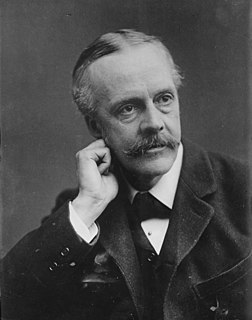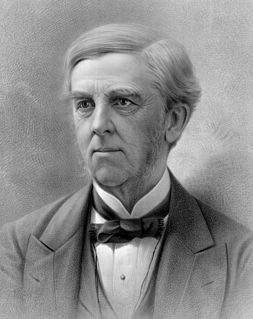A Quote by Friedrich Nietzsche
Man's task is simple. He should cease letting his existence be a thoughtless accident.
Related Quotes
Man's main task in life is to give birth to himself, to become what he potentially is. The most important product of his effort is his own personality. One can judge objectively to what extent a person has succeeded in his task, to what degree he has realized his potentialities. If he has failed in his task, one can recognize this failure and judge it for what it is - a moral failure.
He knew that all things human are transitory and therefore that it must cease one day or another. He looked forward to that day with eager longing. Love was like a parasite in his heart, nourishing a hateful existence on his life's blood; it absorbed his existence so intensely that he could take pleasure in nothing else.
When a man finds that it is his destiny to suffer, he will have to accept his suffering as his task; his single and unique task. He will have to acknowledge the fact that even in suffering he is unique and alone in the universe. No one can relieve him of his suffering or suffer in his place. His unique opportunity lies in the way in which he bears his burden.
I have seen an entire family lifted out of poverty and into affluence by the simple boon of a broken leg. I have had people come to me on crutches, with tears in their eyes, to bless this beneficient institution. In all my experiences of life, I have seen nothing so seraphic as the look that comes into a freshly mutilated man's face when he feels in his vest pocket with his remaining hand and finds his accident ticket all right.
Private property is a natural fruit of labor, a product of intense activity of man, acquired through his energetic determination to ensure and develop with his own strength his own existence and that of his family, and to create for himself and his own an existence of just freedom, not only economic, but also political, cultural and religious.
If we have dwelled on Godel's work at some length, is it because we see it in the mathematical analogy of what we would call the the ultimate paradox of man's existence. Man is ultimately subject and object of his quest. While the question whether the mind can be considered to be anything like a formalized system, as defined in the preceding paragraph, is probably unanswerable, his quest for an understanding of the meaning of his existence is an attempt at formalization.








































